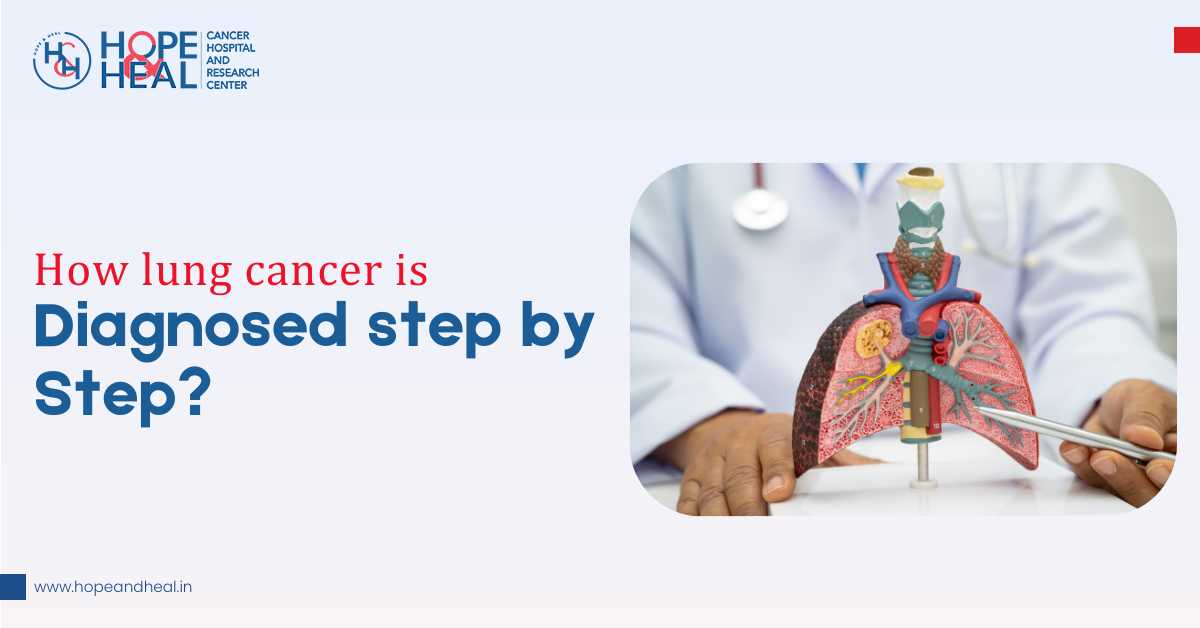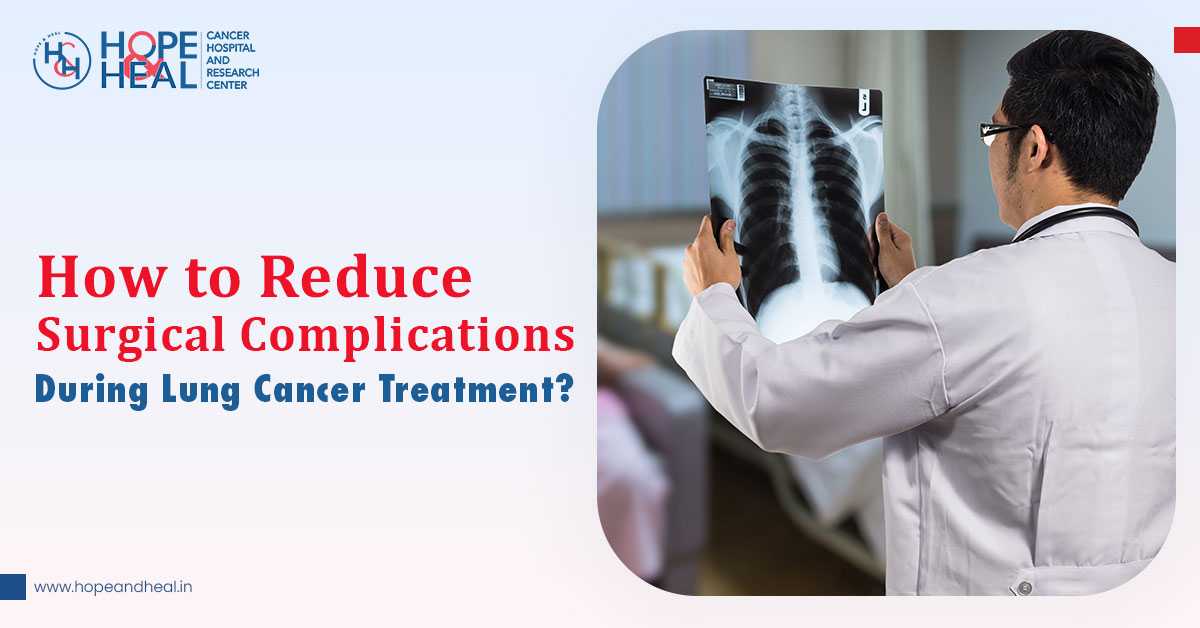Cancer of the cervix cells is known as cervical cancer, which is the lower end of the uterus connected to the vagina. HPV (human papillomavirus) is the leading reason of cervical cancer in women passed through sexual exposure. With proper screening and early detection, treating cervical cancer can be possible.
As per research, cervical cancer is the fourth most common cancer in women. See one of the leading oncologists at the best cancer hospital in Siliguri. The body's immune system typically fights exposure to HPV. However, in people, the virus harbours for years, which in turn, causes some cervical cells to become cancer cells.
Cervical cancer signs and symptoms
Early signs of cervical cancer are not prominent enough to understand. Its signs and symptoms appear more significant when the condition advances:
- Watery or bloody vaginal discharge
- Heavy vaginal discharge with/with out have a foul odor
- Experiencing vaginal bleeding after intercourse, between menstrual periods
- Experiencing vaginal bleeding
- Heavier menstrual cycles that last longer than usual
Consulting a doctor immediately after noticing or undergoing such symptoms or discomfort is vital to your well-being. Two major types of cancer of the cervix are - squamous cell carcinomas and adenocarcinomas.And, about 80% to 90% of all cervical cancers are squamous cell carcinomas. The rest 10% to 20% are adenocarcinomas.
Symptoms appear when cervical cancer spreads to other body parts and nearby tissues:
- Difficulty urinating
- Painful urination without/with blood in urine
- Fatigue
- Diarrhea
- Pain and bleeding from the rectum while pooping
- Loss of weight and appetite
- Experiencing dull backache
- Pelvic pain
- Abdominal pain
- Swelling in your legs
What are the causes of cervical cancer?
Typically, cervical cancers are caused by HPV, a sexually transmitted infection/STI. HPV passes through sexual contact via the anus, mouth, and vagina. If your body fails to prevent the infection can lead to changes in DNA in the cervix, contributing to cancerous cells.
Tobacco smoking helps the HPV virus to stay longer in the body, interfering with the body’s immune system. Hence, tobacco smoking is one of the major contributing factors for cervical cancer. Reach out to the best cancer hospital in Siliguri for cervical cancer treatment and diagnosis for optimal healing.
Early age sexual exposure increases the risk of getting HPV. Also, people having multiple sexual partners involved in unprotected intercourse are at an increased risk of getting HPV.
Having a type of sexually transmitted disease such as herpes, gonorrhea, chlamydia, HIV/AIDS, gonorrhea, and syphilis increases the likelihood of HPV. People with a weakened immune system due to a health condition are more likely to get affected by the HPV virus.
You should ask your healthcare provider (a gynecologist) for a Pap test even if you received an HPV vaccination. If you haven’t had an HPV shot, consult your medical healthcare provider for HPV vaccination. Visit the best cancer treatmnet hopsital in Siliguri
Refrain from active smoking and exposure to secondhand smoke. Make sure to practice safe sex and limit your sexual partners to keep yourself from the risks of HPV. Routine health checkups under medical supervision (gynecologist) are of immense importance.
Diagnostic procedures and treatment of cervical cancer
A number of tests are required in order to detect cervical cancer, such as Pap tests, physical exams, blood tests, urine tests, a punch biopsy, cone biopsy, endocervical curettage, HPV DNA tests, X-ray, CT scans, MRI, bladder and rectum exams. These diagnostic procedures help rule out the presence of malignant tumors along with their location, stage, and nature.
Treatment of cervical cancer depends upon the extremity, type, and location of the cancer. Plus, patients’ overall health is taken into consideration. Surgery, chemotherapy, radiation therapy, immunotherapy, targeted therapy, palliative care, etc. are the main effective medical care for cervical cancer. Talk to your oncologist for a precise understanding of cervical cancer treatment and healing.






